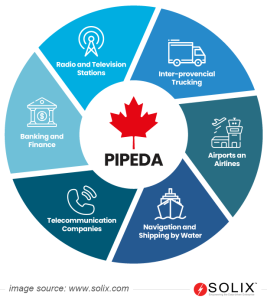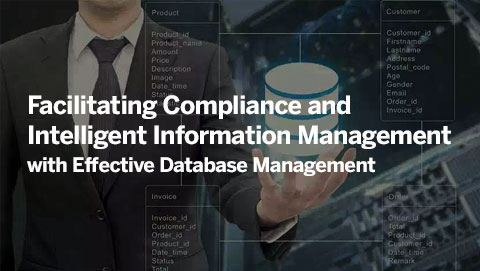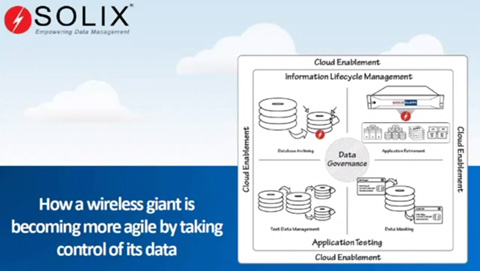PIPEDA
What is PIPEDA?
The Personal Information Protection and Electronic Documents Act (PIPEDA) is a Canadian law that dictates how private-sector organizations in Canada collect, use, and disclose personal information during commercial activities. It matters because it protects individuals’ privacy rights in an increasingly digital world. It also gives you the right to access and correct your information, backed by ten stringent data protection principles.
Overview of PIPEDA
- Law: Personal Information Protection and Electronic Documents Act – PIPEDA
- Region: Canada
- Signed On: 13-04-2000
- Effective Date: 01-01-2004
- Industry: Private-sector and non-profit entities in Canada engaging in commercial activities
Personal Data Under the PIPEDA
PIPEDA broadly defines personal data as any information, factual or subjective, that can be linked to an identifiable person. This includes:
- Basic details: Name, age, ID numbers, address
- Financial: Income, credit records, loan records
- Sensitive information: Medical records, ethnicity, blood type
- Opinions: Evaluations, comments, disciplinary actions
- Employment details: Employee files, job history
- Digital traces: Cookie data, browsing history (with identification)
Key Components of the PIPEDA
- Data Protection Principles: There are ten ethical guidelines for handling personal information, including consent, accountability, limiting collection, and individual access.
- Individual Rights: It grants individuals rights to access, correct, and challenge the use of their personal information.
- Compliance Requirements: Organizations must obtain consent, implement safeguards, and report breaches.
Data Protection Principle
These principles form the foundation of PIPEDA, serving as ethical guidelines for handling personal information. Let’s explore some critical ones:
- Accountability: Companies must appoint a privacy officer and uphold control over the personal information they handle.
- Identifying Purposes: The purpose of collecting personal information must be clearly defined and communicated before or during collection.
- Consent: Organizations must secure explicit consent from individuals before using or disclosing their personal information, with few exceptions.
- Limiting Collection: Collection should be limited to what’s necessary and relevant for the identified purposes.
- Limiting Use, Disclosure, and Retention: Personal information may be utilized or shared for specified purposes and kept for a reasonable duration.
- Accuracy: Organizations must take reasonable steps to ensure the accuracy of personal information.
- Safeguards: Appropriate safeguards must be implemented to protect personal information from unauthorized access, use, disclosure, loss, or destruction.
- Openness: Organizations should readily have policies and procedures concerning their personal information handling practices.
- Individual Access: Individuals have the right to access their personal information and request corrections if inaccurate.
- Challenging Compliance: Individuals can challenge an organization’s compliance with PIPEDA principles through the Office of the Privacy Commissioner of Canada (OPC).
Rights Under the PIPEDA
- Right to access: Individuals can request access to their personal information held by an organization.
- Right to correction: Individuals can request corrections to incorrect personal information.
- Right to complain: Individuals can complain to the OPC if they suspect PIPEDA non-compliance.
Who Needs to Comply with the PIPEDA?
PIPEDA covers various private-sector entities in Canada engaging in commercial activities involving personal data collection, use, or disclosure. This includes:
- Businesses of all sizes: From large corporations to small businesses and startups, anyone engaging in commercial activities is subject to the law.
- Specific industries: Financial institutions, healthcare providers, retailers, and telecommunications companies are just a few examples of industries where compliance is particularly relevant due to the sensitive nature of the data they handle.
- Non-profit organizations: If a non-profit engages in fundraising activities that involve collecting and using personal information, they must comply with the compliance.

Exceptions
- Personal information used for personal or journalistic purposes
- Business contact information solely for business communication
Regulatory Penalties
There are two types of fines: PIPEDA distinguishes between knowing and non-knowing violations.
- Knowing violation: $100,000 maximum penalty per offense. This applies when an organization was aware of the non-compliance or ought to have been aware of it due to reasonable diligence.
- Non-knowing violation: A $50,000 maximum penalty per offense. This applies when an organization is unaware of non-compliance.
Compliance Authority for the PIPEDA
The Office of the Privacy Commissioner of Canada (OPC) enforces PIPEDA and investigates complaints. The OPC offers several resources, including guidelines, checklists, and training materials, to help organizations comply with the law.
In conclusion, navigating the complexities of PIPEDA and its evolving amendments can seem daunting. However, by understanding the core principles, your rights, and compliance requirements, you can empower yourself and your organization to make informed data privacy and security decisions.
FAQs
Does PIPEDA apply to my small business?
Yes, PIPEDA applies to most businesses in Canada, regardless of size, that collect, use, or disclose personal information during commercial activities, with some exceptions for provincially regulated businesses.
Can I transfer personal data outside of Canada under PIPEDA?
Yes, but with limitations. PIPEDA permits transferring personal data outside of Canada only if the receiving country provides adequate protection comparable to Canadian privacy standards or if the individual consents to the transfer.
Can I refuse to provide personal information if a business requests it under PIPEDA?
Yes, individuals can refuse to provide personal information to a business, except when it’s required by law or necessary for fulfilling a contract. This emphasizes the importance of informed consent and control over personal data.





